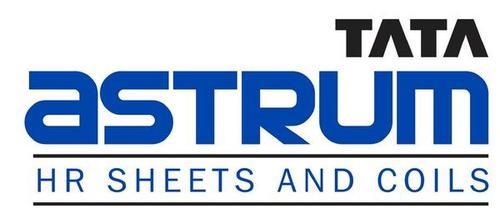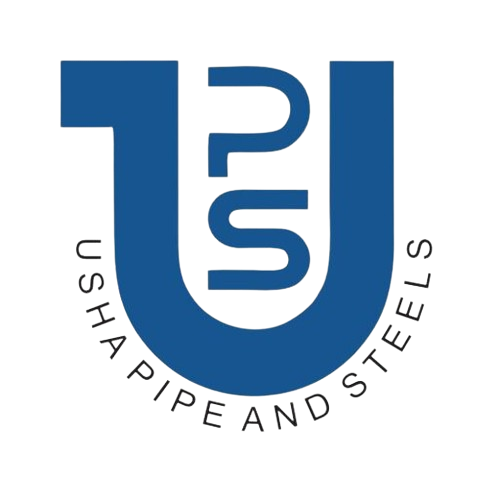Plates / Sheets
- Home
- Plates / Sheets
Product Description
Plates and sheets are flat, often rectangular, metal products used in various industrial applications. They are produced by processing metal materials through rolling, forging, or other methods to achieve the desired thickness and dimensions.
Uses of Plates and sheets
- Aerospace
- Shipbuilding
- Oil and Gas Industry
- Food Processing and Packaging
- Electrical and Electronics Appliances
Aerospace
Sheets and plates are utilized in the aerospace industry for manufacturing aircraft structures, fuselages, wings, engine components, and interior fittings. They meet stringent safety and performance requirements and offer lightweight and high-strength properties.
Shipbuilding
Sheets and plates are essential in the shipbuilding industry for constructing ship hulls, decks, bulkheads, and superstructures. They provide corrosion resistance, structural integrity, and buoyancy in marine environments.
Oil and Gas Industry
Sheets and plates are utilized in the oil and gas industry for constructing pipelines, storage tanks, pressure vessels, offshore platforms, and drilling equipment. They offer resistance to corrosion, abrasion, and high-pressure environments.
Food Processing and Packaging
Sheets and plates are used in the food processing and packaging industry for manufacturing food-grade containers, trays, conveyors, and processing equipment. They offer hygiene, cleanliness, and corrosion resistance.
Electric and Electronic Appliances
Sheets and plates are employed in the manufacturing of electronic components, electrical enclosures, appliances, and consumer goods.
Benefits of Plates and Sheets
Plates and steels offer numerous advantages across various industries and applications due to their unique properties and characteristics. Some of the key advantages of plates and steels include:
- Strength and Durability: Plates and steels are known for their high strength-to-weight ratio, making them suitable for structural applications where strength and durability are paramount.
- Versatility: Plates and steels come in a variety of sizes, shapes, and grades, allowing for versatility in design and construction. They can be fabricated, welded, machined, and formed into different configurations to meet specific requirements and applications across various industries, including construction, manufacturing, automotive, aerospace, and energy.
- Corrosion Resistance: Many types of plates and steels are designed to resist corrosion, rusting, and degradation in challenging environments, such as marine, chemical, and industrial settings. Corrosion-resistant coatings, alloys, and surface treatments enhance the longevity and performance of plates and steels, reducing maintenance costs and extending service life.
- Heat Resistance: Plates and steels exhibit excellent heat resistance, making them suitable for applications where high temperatures are present, such as in furnace linings, boilers, exhaust systems, and aerospace components.
- Machinability and Formability: Plates and steels can be easily machined, fabricated, and formed into complex shapes and configurations using standard metalworking techniques and equipment.
- Cost-Effectiveness: Plates and steels provide cost-effective solutions for a wide range of applications due to their affordability, availability, and durability. They offer long-term value and return on investment by minimizing maintenance, repair, and replacement costs over the lifecycle of structures, equipment, and machinery.
- Recyclability: Plates and steels are environmentally friendly materials that can be recycled and reused at the end of their service life. Recycling steel conserves natural resources, reduces energy consumption, and minimizes greenhouse gas emissions, contributing to sustainable and eco-friendly practices in manufacturing and construction industries.
- Safety and Reliability: Plates and steels are engineered to meet stringent quality standards, specifications, and regulations for safety and reliability in demanding applications.
Proudly deals in



